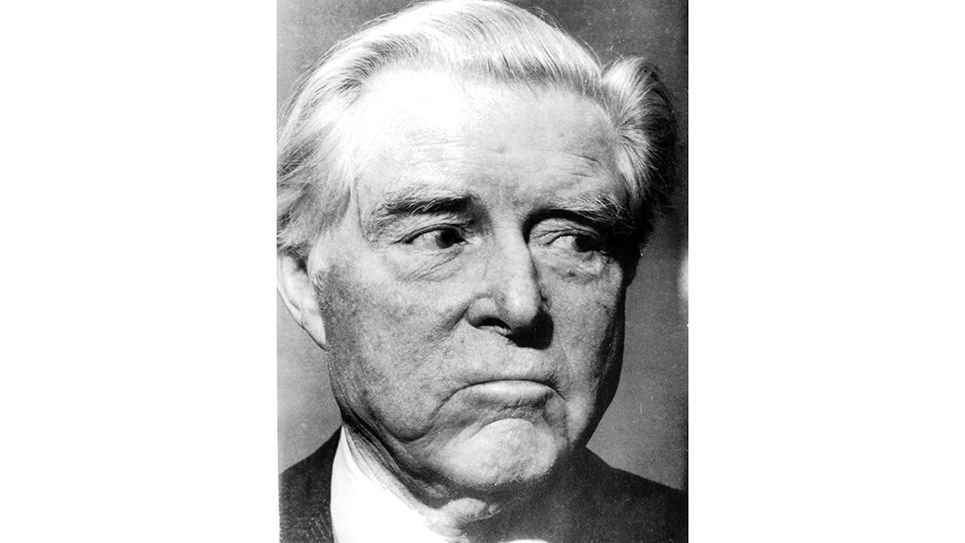By Sharon Frankenberg,
Attorney at Law
State law creates a hospital lien in favor of every person, firm, association, institution or governmental unit operating and maintaining a hospital in the state of Tennessee. Hospital liens are described in Title 29, Chapter 22 of the Tennessee Code. These liens are for all reasonable and necessary charges for hospital care, treatment and maintenance of ill or injured persons. These liens are against any causes of action, suits, claims, counterclaims or demands accruing to the person to whom such care, treatment or maintenance was furnished, or accruing to the legal representatives of that ill or injured person in the case of such person’s death, on account of illness or injuries giving rise to such causes of action or claims and which necessitated such hospital care, treatment and maintenance. The obvious example of this is the hospital which treats a car wreck victim can have a lien against money recovered by that victim to compensate him or her for injuries received in the wreck.
The amount of a hospital lien is limited to no more than one third of the damages obtained or recovered by the ill or injured person by virtue of the cause of action accruing to him or her. This is regardless of whether the recovery is by judgment, settlement or compromise. Any settlement or compromise does not require the approval of the hospital nor does the hospital have any independent cause of action to determine liability for injuries sustained by any person covered by the lien statute. A hospital lien is subordinate to an attorney’s lien and is not applicable to accidents and injuries covered by Tennessee Workers’ Compensation Law. Further, any hospital lien arising out of a motor vehicle accident does not take priority over a mechanic’s lien or prior recorded lien on a motor vehicle involved in the accident.
Notice of the lien must be filed within 120 days after the patient is discharged. The agent or operator of the hospital must file a verified written statement containing all the information specified by the statute with the circuit court clerk of the county where the patient resides and of the county where the hospital is located. The circuit court clerks may charge $10.00 to file the claim. A copy of this claim must be sent within 10 days from filing by registered mail to each person claimed to be liable on account of the illness or injuries and to the attorneys representing the person to whom services were rendered. The claim may be contested in the circuit court where the claim was filed by filing a motion to quash or to reduce the amount.






